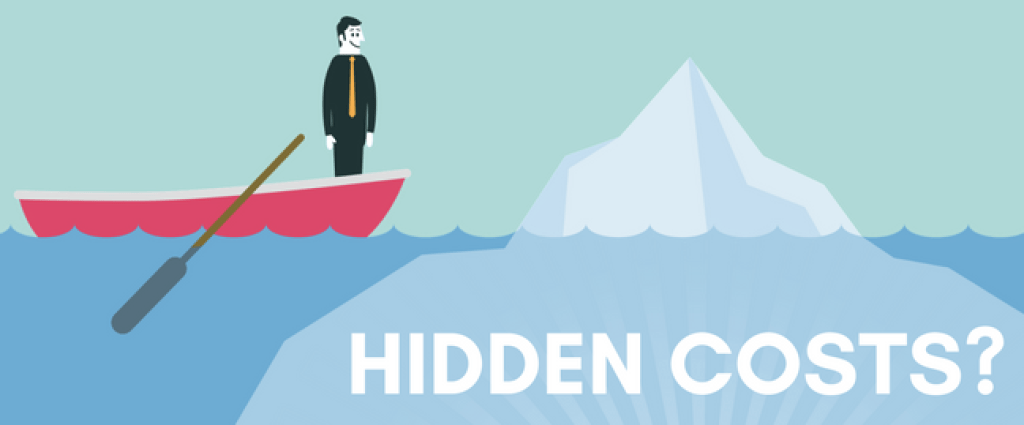The ongoing costs of buying a home
After you purchase the property, there are several ongoing costs that you need to factor into your budget. The main cost of buying a home are the loan repayments, utilities (electricity, gas, water, etc.), and any renovation or repair costs.
Regular loan repayments are likely to be the highest ongoing costs. A mortgage repayment calculator is suitable for determining what your repayments will cost each month. To use the calculator, you’ll need to know how much you’re borrowing, the interest rate, and the length of the loan. When using the calculator, it is best to enter the comparison interest rate of your chosen lender, as that includes all the bank fees associated with the loan.
If you’ve bought a property that needs updating, you’ll need to include a budget for renovation and repairs. Your renovation budget can range from a few thousand for fresh paint and fixtures to over a hundred thousand for a complete remodel.
When you first move into a property, you may be required to pay connection fees for your utility services. These fees can range from $200 – $500 based on the type of connection and your supplier. The ongoing costs of utility services depend on how much you use, but you can budget around $1000 – $1500 each quarter to pay for connected services (electricity, internet, gas, water, etc.).
After reading through this article, you should have a clearer picture of how much a home in Victoria will cost. If you’re looking into entering the property market or moving to Victoria, then you can use this as your research base. The amounts discussed in this article are estimates and shouldn’t be taken as an exact costing. You can use this as a guide for completing more detailed research.








